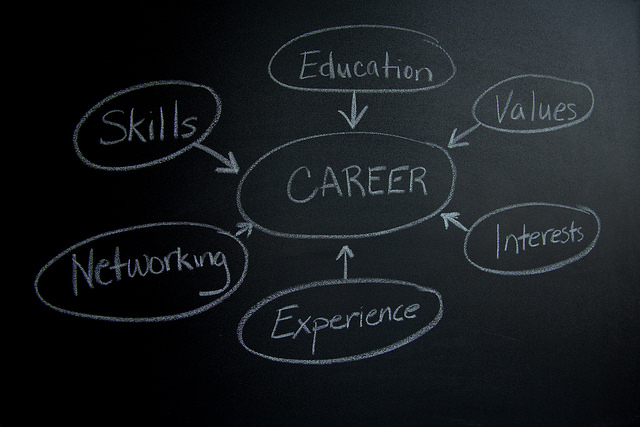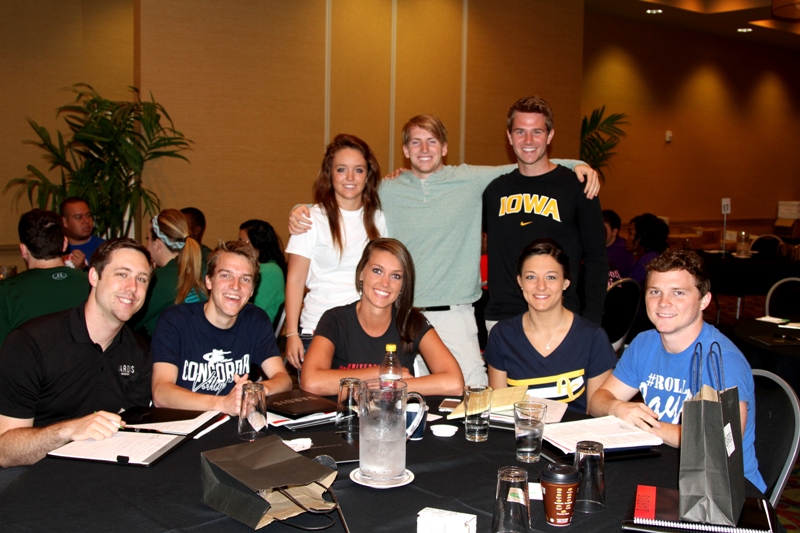
The newest entrants to the business world, the millennial generation, are most comfortable communicating through texts and social media channels. But in the business world, all professionals need to effectively communicate in person, beginning with interviewing and landing the job and on to managing the…










